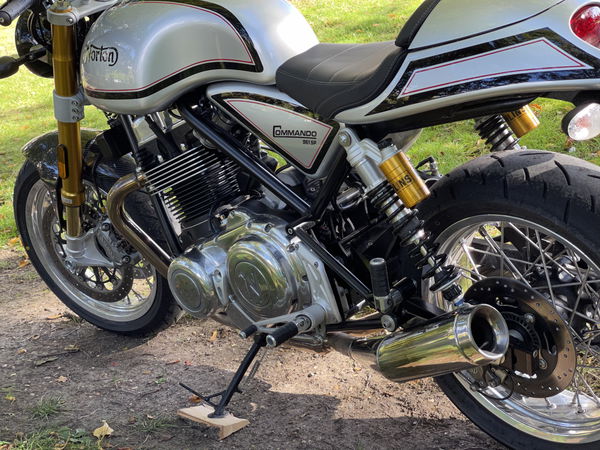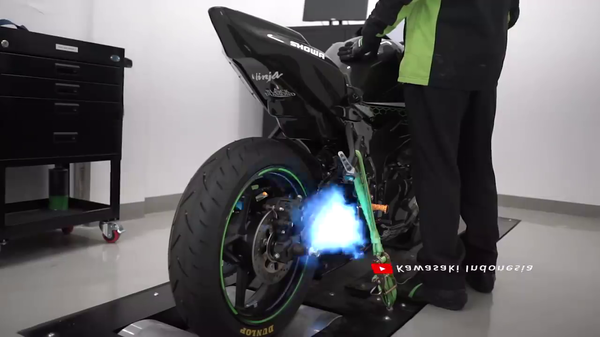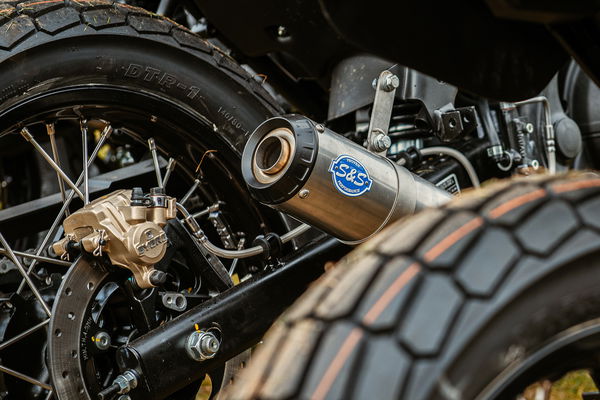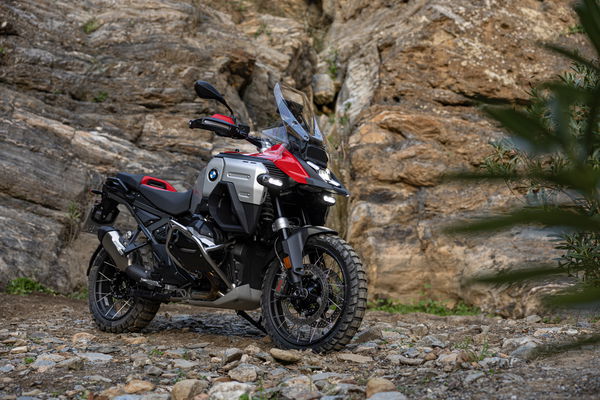Has the ‘Combustion Engine Ban’ already blown a head gasket?
The much reported combustion engine ban is due to take effect in 2035, although as FEMA reveals, that might not be the full story

THE combustion engine ban is due to take effect in 2035, and for many motorists and policymakers across Europe, it was the death knell for the traditional combustion engine.
While that would be heartbreaking to pretty much every petrol-headed motorcycle fan across the continent, the Federation of European Motorcyclists Association (FEMA) thinks it might not be quite as cut and dried as that.
The news centres around the wording of the ban, in so much as that it isn’t a ban on the method of creating motion from suck, squeeze, bang, and blow, but a ban on traditional petrol and diesel vehicles. The agreement does not ban the sale and registration of carbon-neutral fuel-powered vehicles, such as those running on synthetic E-fuels. That means vehicles that burn bio-diesel, synthetic petrol, and hydrogen-powered engines could still be sold after the 2035 deadline.

It's not totally clear how this could play out, and there is still a lot of work to do to differentiate the cleaner burning fuels from those we currently ride and drive. For this to happen, all of the governments will have to align their legislation around the different fuel type, and while that sounds like trying to shepherd kittens, it should be doable.
FEMA is also working hard to try and ring-fence PTWs (motorcycles and scooters) to prevent them from also being banned in 2035. While the EU parliament hasn’t explicitly mentioned banning PTWs in 2035, it is generally assumed that they will follow suit at some point after that time. FEMA’s view is that motorcycles and scooters already produce much less CO2 than their four-wheeled competitors, making them a safer bet for the future, and the environment.

The full statement from Dolf Willigers, FEMA’s General Secretary:
“It is (now) only cars and vans that run on fossil fuels (petrol, Diesel) that may no longer be sold after 2035. From experience and signals from the European Commission, we know that the chance that motorcycles will escape this fate is very small. Nevertheless, FEMA will resist any attempt to ban the internal combustion engine for motorcycles.
“In our view, the emissions of motorcycles are already negligible and the alternatives for both fossil fuels and electricity are still in the development phase. To focus solely on battery electric vehicles the problems of air quality and climate chance will just be redeemed to other, equal serious problems: the social and environmental aspects of the mining of raw materials that are needed to make batteries and the geo-political consequences of getting dependent to countries like China to acquire these raw materials and the batteries should not be underestimated.
“Already, a delegation of members from the EPP party in the European Parliament has asked questions about this to the European Commission and asked how the Commission thinks to decrease the dependency of other countries. To give room to other options like eFuels, Europe can be the forerunner in the development of valuable alternative techniques.”
Source: FEMA












